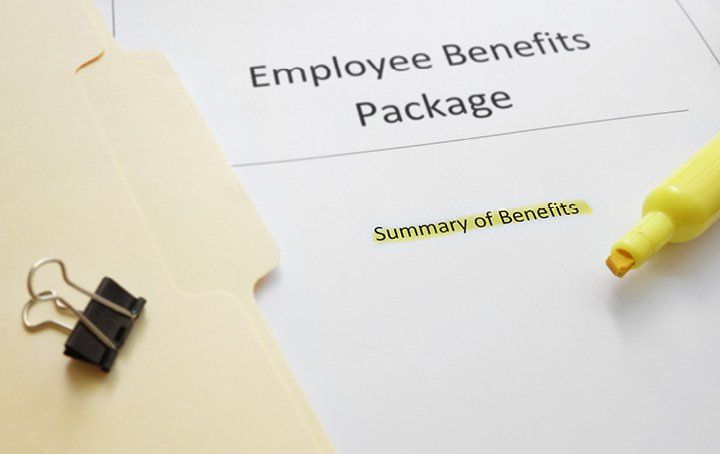Non-Resident CGT: What Expats Need to Know

Australia's capital gains tax (CGT) rules for non-residents have undergone significant changes, particularly in 2012 and again in 2025. These reforms have removed the CGT main residence exemption for non-residents and increased withholding tax rates on property sales. The government’s aim? To curb tax leakage from foreign property investors. However, these changes have created substantial challenges, especially for Australian expatriates.
1. Expats Face Major CGT Challenges
- Loss of Main Residence Exemption: Australian citizens who move overseas lose the ability to claim the CGT main residence exemption once they become non-residents. Even if they return to Australia later, they could face hefty CGT liabilities on properties they previously lived in.
- No Deemed Disposal Adjustment: Upon leaving Australia, there is no deemed disposal or market value cost base adjustment. This means unrealized capital gains continue to accrue from the original purchase date.
- Example Scenario: If you buy and live in a property as an Australian resident, then move overseas and later sell the property as a non-resident, you forfeit the main residence exemption and must pay tax on the entire gain from the purchase date.
2. Higher Tax Rates for Non-Residents
- Increased Withholding Tax: From January 2025, non-residents are subject to a 15% withholding tax on all property sales, regardless of value (previously 12.5% only for properties over $750,000). This impacts cash flow before any formal tax assessment.
- No CGT Discount: Non-residents cannot access the 50% CGT discount available to Australian residents who hold assets for more than a year.
- No Tax-Free Threshold: Non-residents are taxed at higher rates without access to the tax-free threshold but are exempt from the Medicare levy.
These measures create a two-tiered system where non-residents pay significantly more tax than residents, even if they’ve owned and maintained Australian assets for years.
Tax Planning is Essential
To mitigate these challenges, expats should engage in strategic tax planning both before leaving Australia and before returning. Proper planning can help reduce unexpected CGT liabilities and ensure compliance with Australia’s complex tax rules.
Need Help with your Business, Bookkeeping, Tax or SMSF requirements?
If you would like a little help, please get in touch with us for assistance. We can help with your business, bookkeeping, tax and SMSF requirements.
Please also note that many of the comments in this publication are general in nature and anyone intending to apply the information to practical circumstances should seek professional advice to independently verify their interpretation and the information’s applicability to their particular circumstances. Should you have any further questions, please get in touch with us for assistance with your SMSF, business, bookkeeping and tax requirements. All rights reserved. Brought to you by RGA Business and Tax Accountants. Liability Limited by a scheme approved under Professional Standards Legislation.















